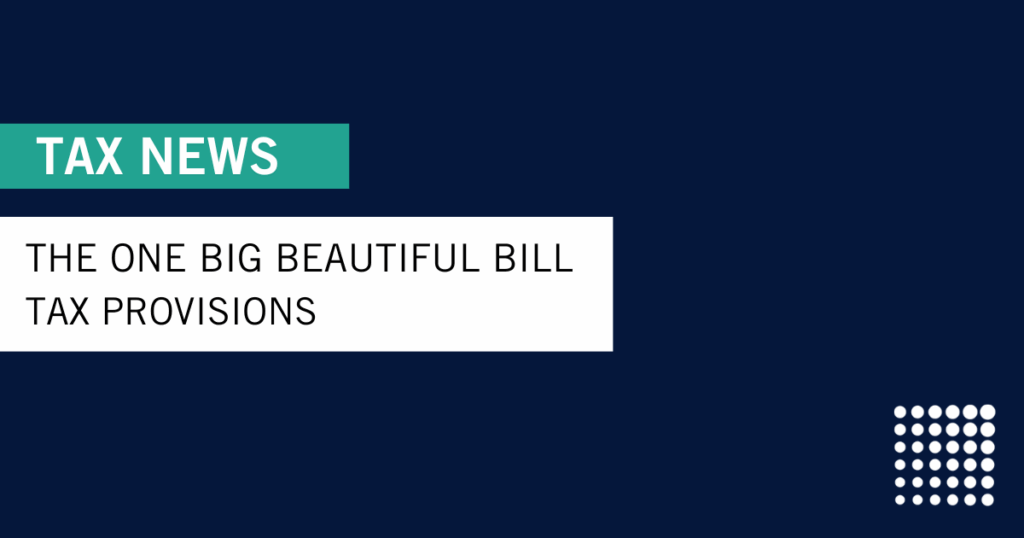Updated 10/5/2020 to reflect 2020 taxable income limits.
In early August, the IRS issued proposed regulations on the Tax Cut and Job Act. The regulations provide supplemental guidance on how the IRS will interpret and enforce the internal revenue code.
Section 199A Deduction – The 20% pass-through deduction
The most complex and discussed part of the tax law is Section 199A, the deduction for qualified business Income (QBI). The regulations issued this past month provide some much-needed clarity on how this deduction will or will not apply.
As a review, the law allows a taxpayer engaged in a “qualified trade or business” to claim the 199A deduction with the following two exceptions:
1. The taxpayer is in the trade or business of performing services as an employee. This eliminates a W-2 employee from claiming the deduction against their wages.
2. If the business is a specified service trade or business (SSTB).
The second exception is the painful one for health professionals. Dentists and other similar healthcare professionals who provide services directly to a patient are specifically listed in the law and regulations as a SSTB. A taxpayer engaged in a SSTB will have their 199A deduction calculated as follows for 2020:
– Taxable income is $326,600 or less you will receive the full 20% deduction on your qualified business income.
– Taxable income of $326,600 to $426,600 will receive some percentage of the 199A deduction and phase out at $415,000.
– Taxable income of $426,600 or more will receive no deduction.
The moment the law was finalized, attorneys and CPAs scrambled to find ways to remove income from a taxpayer in a SSTB with income over $426,600 in order to create income from a qualified business and qualify for a 199A deduction. CWA recommended at that time to be cautious and wait for guidance from the IRS before incurring expenses to create new entities in the hope to qualify for a 199A deduction.
This August, the regulations put a big “NO” on the idea of bifurcating income of a SSTB. The regulations state that a SSTB includes any trade or business that provides 80% or more of its property or services to a SSTB, if the two businesses share 50% or more common ownership.
Let’s look at an example: Partners A, B & C practice dentistry and have three locations. A, B & C create a new business to provide all non-clinical services to their dental practice locations. Even though the new business is not a SSTB it will be treated as such since it is providing over 80% of services to a SSTB and the common ownership is 50%.
This same example applies to rental income from a building. While the rental of real property is not considered a SSTB, if the building rent(s) are more than 80% to a SSTB and the common ownership is 50%, the net rental income doesn’t qualify for a 199A deduction. If a portion of the building is rented to third parties, the net income from the third party would qualify for the deduction, but the net rental income from the SSTB would not qualify.
These examples effectively squash the idea of paying the highest fair value rent for a doctor for his wholly owned dental building or creating a separate management company (like a DSO) still owned by the doctor and qualifying for the 199A deduction.
While there may be some other strategic tax planning ideas based on creating common ownership less than 50% for a DSO structure, it will not be easy due to the internal revenue code attribution rules for family members. Therefore, any new strategies will need to be very specific since this would require selling ownership to a third party.
At CWA, we are focused with our clients on lowering their taxable income to help qualify for the 199A deduction through:
– Maximizing or increasing profit sharing or cash balance plan contributions. This can lower taxable income by over $100,000.
– Reviewing conservation easement strategies. This can lower taxable income by over $100,000. In addition, charitable contributions are no longer subject to a phase out.
– Employing your children, documenting their work and paying the highest possible salary without tax. This can lower taxable income by up to $12,000 per child.
– Maximizing deprecation through cost segregations. Depending on the size of your project, this can have a significant impact on your taxes.
– Making sure you are accounting for meals, holiday parties and entertainment expenses to maximize deductions.
There are still many planning opportunities for the dental professional under the new tax law. Please reach to your CWA planner with any questions, or cainwatters.com/contact.














